The Tucci Table by Stanley Tucci is the March Left Coast Culinary Book Club selection. Normally, I would present this much later in the month but it is a short cookbook. With those, I don’t really read. I read the opening caption and scan through the list of ingredients. In a couple of evenings, I was done.
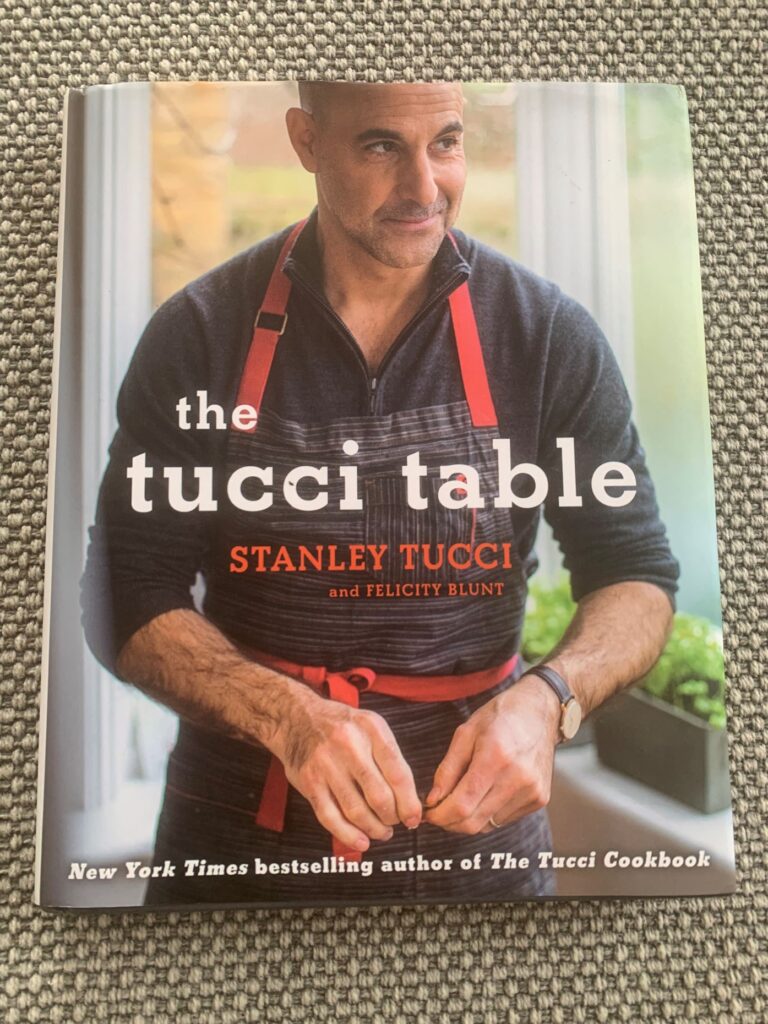
This book is supposed to be about the repertoire of recipes that the Tucci’s eat in their home. It is pretty Italian forward with some British, American and French influence. I haven’t cooked anything but the ingredient lists are pretty simple and doesn’t require many exotic ingredients that are hard to source. I would say that it is pretty approachable from that standpoint.
The one thing that I will say about Tucci is that he is pretty sincere about his food. I do believe that he takes an interest in it. In fact, we just bought two pans that had his endorsement on it from Williams and Sonoma. They are very nice pans and they were on clearance so we paid significantly less than retail value. They replaced some worn out, non-stick pans that we had. As a result, it is my opinion that he is a credible resource when it comes to cooking.
I respect the man from the culinary standpoint. As for the rest of him, my impression is that he is an ultra-egalitarian, liberal elitist. For that reason, I cringe at the selection of the book title. In addition to that, I am not a fan of pasta. I find it boring. Yes, I eat it now and then but I just don’t crave it ever. You can guess that my opinion of the book is negative.
I would say that if you had no cookbooks, this would be one that you could use for everyday cooking. It is simple and varied enough that you could make quality meals from it. But, for a person like myself there is nothing really new here. As a result, I cannot wholeheartedly recommend it.
I know that you didn’t ask but I will say it anyways. What makes a good cookbook? To me it is one that strikes at all levels. Simple cooks as well as advanced cooks can get inspiration. The last one that I remember fitting the bill was the one skillet cookbook from April 2023. It was Indian, African, Asian as well as western all cooking in one dish. That was novel and interesting.
There are some celebrity chefs that I am a fan of. I like Paula Dean for authentic southern food, Rick Bayless for Mexican food and Steven Reichl for barbeque. To me, it is not the notoriety of the chef but the subject mastery that makes me respect the chef. I am not saying that Tucci has not mastered food, but lets face it he is an actor. As such, there is a credibility gap.
It reminds me of when Emeril Lagasse became famous in the mid-1990s. I don’t know for sure but my impression is that he is a competent and surely charismatic Cajun chef. But, does that mean that he is now an authority in counter top ovens or inexpensive cookware? They may be fine products but just as likely it is a money grab. Anytime someone is using their name to hawk wares, we need to consider the source and motivation.
End Your Programming Routine: Is it really bad? No, it is meh. Tucci has good branding sense and just like there are Food Channel groupies there are Tucci groupies. They are going to latch onto whatever he puts out. I don’t select all the books, I help facilitate the operation. It is just my two cents on this selection.


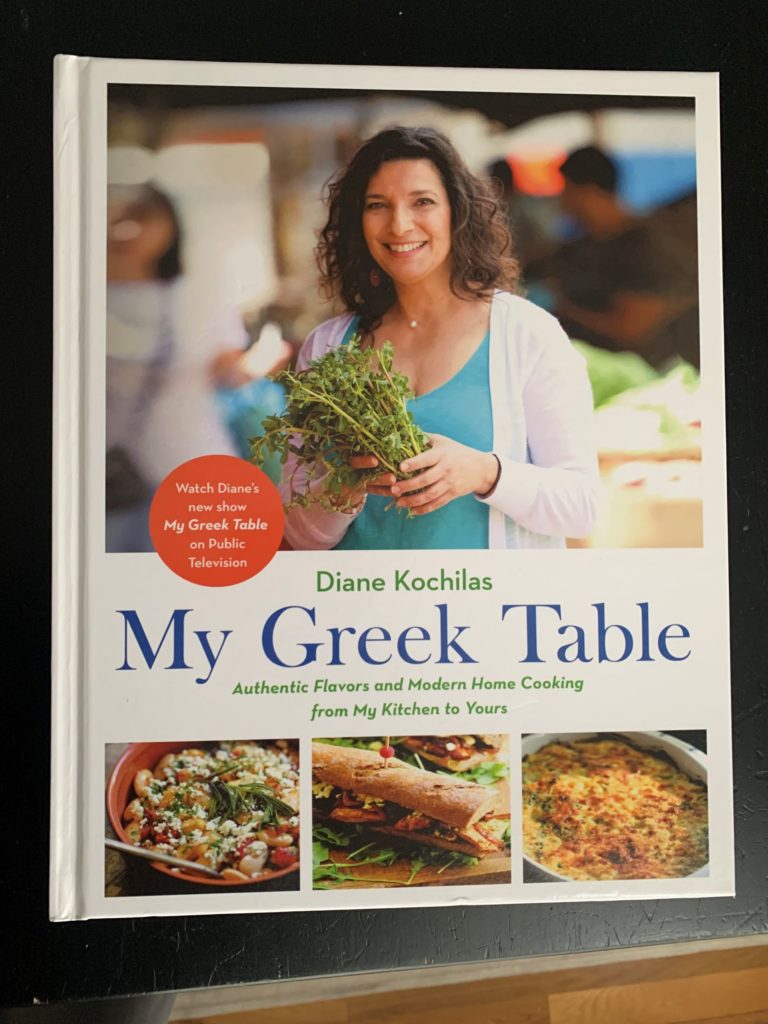
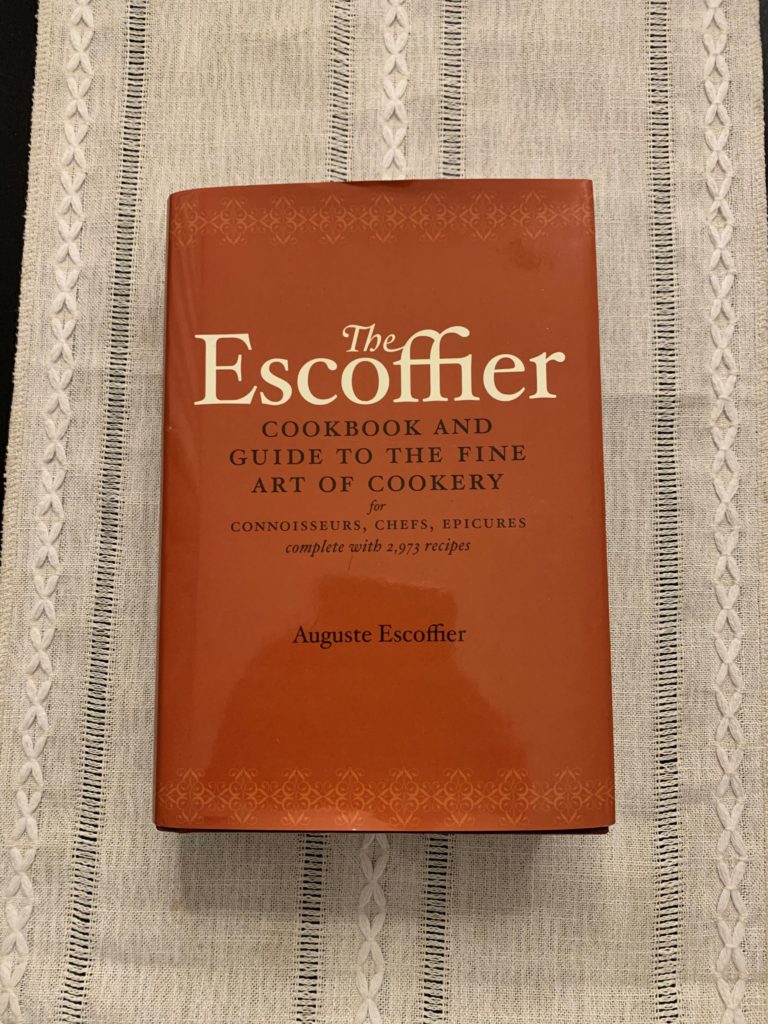
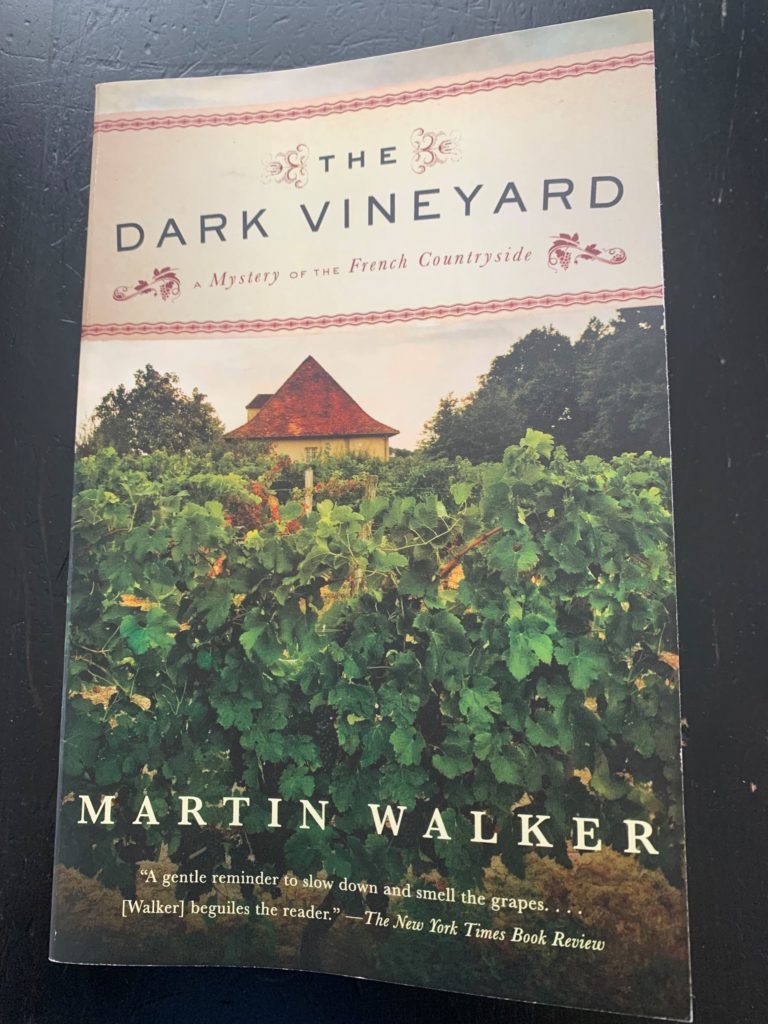
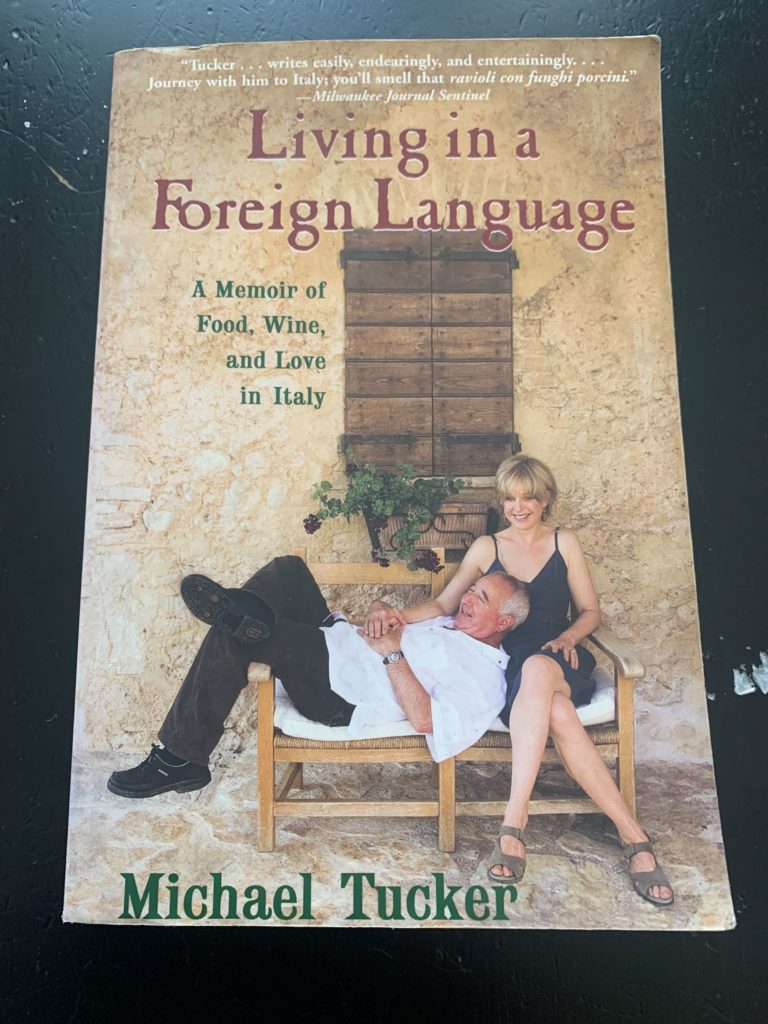
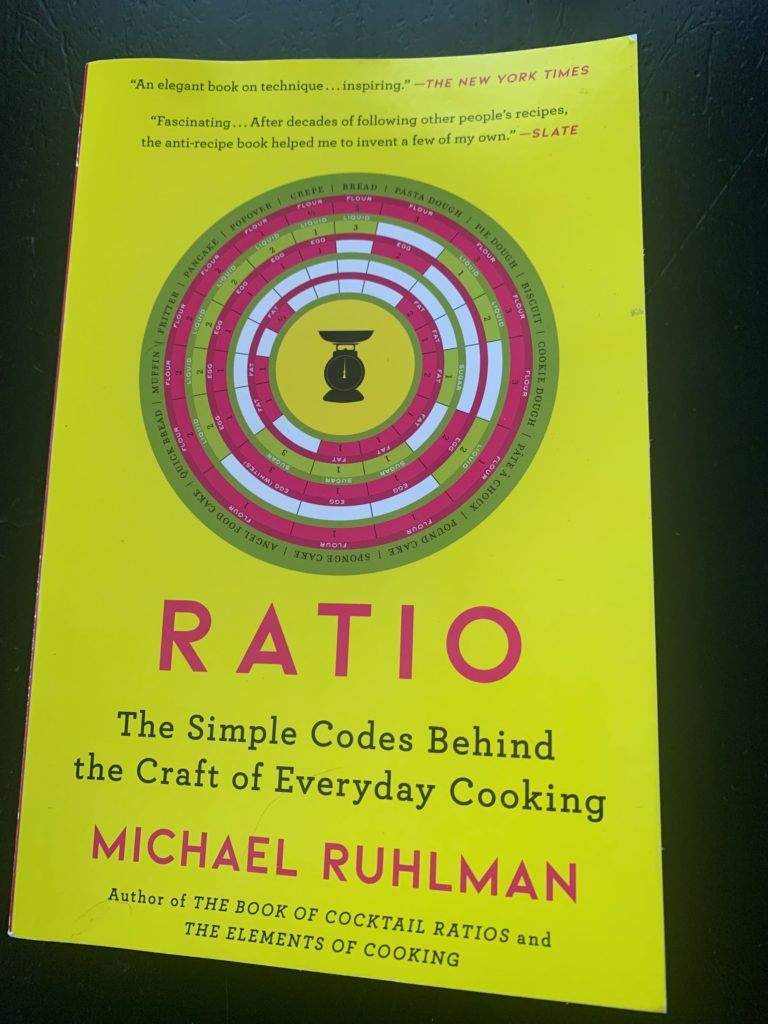


Recent Comments